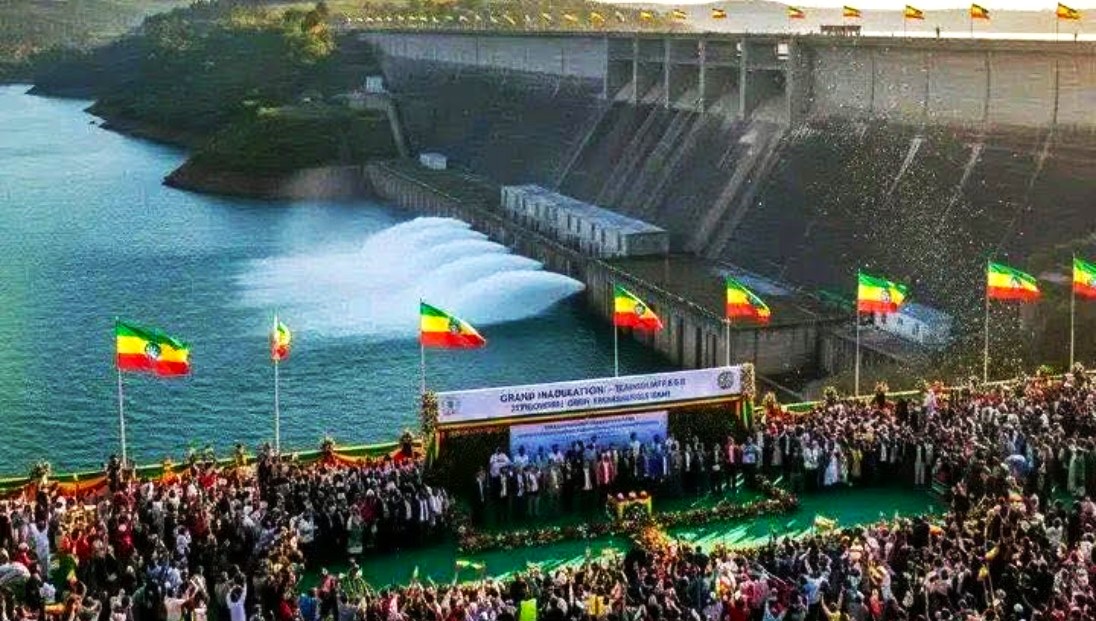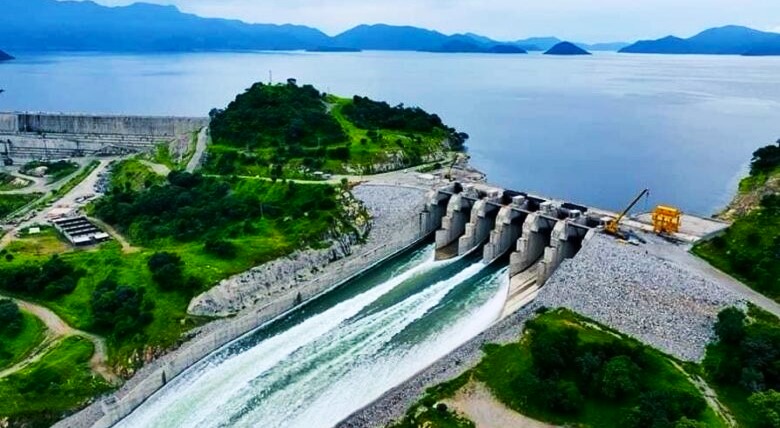Egypt and Sudan sulk as Ethiopia launches grand renaissance dam whose construction killed 15,000 people
Presidents William Ruto of Kenya and Hassan Sheikh Mohamud, of Somalia attended the launch of the massive Grand Ethiopian Renaissance Dam, Africa’s largest hydroelectric facility on the Blue Nile.
But the project which cost USD 5 billion, continues to create waves of discontent between Addis Ababa and its downstream river Nile neighbors of Sudan and Egypt.
Sudan and Egypt, countries that rely heavily on the Nile for water supplies, have always expressed concern over the project.
The two downstream countries fear that the dam will threaten their water security and even breach international law. In fact, their leaders did not even attend the inauguration of the dam.
On the other hand, until its completion the Grand Ethiopian Renaissance Dam (GERD) had killed more than 15,000 people who were in one way or another directly involved in the construction of the colossal power project.

Previously the Minister of Water and Energy, in Ethiopia, Habtamu Itefa, confirmed reports that thousands of people died during the construction of the Grand Ethiopian Renaissance Dam (GERD).
The minister stated that 15,000 people lost their lives during the dam’s construction adding that among those who died was the former dam project manager, Engineer Semegnew Bekele.
The victims included security personnel, drivers, workers, and local residents who contributed to or supported the project in various ways, along with other individuals.
Ethiopia has however inaugurated the GERD just as the rainy season abates in the country.
The dam’s reservoir had reached 74 billion cubic meters of water.
Ethiopian Prime Minister Abiy Ahmed stated that the GERD will not be the last project, and that his country intends to launch other massive projects within the next 5 to 15 years.
The Premier maintained that “benefiting from the Nile is neither a mistake nor a crime.”
The GER dam has been a major point of contention between Ethiopia, an upstream country, and the two downstream nations, Egypt and Sudan.
While Addis Ababa considers the dam a national project subject to its sovereignty and within its territory, the two downstream countries argue that any projects on shared international rivers must be coordinated to prevent harm or the restriction of water flow.
They are demanding that Ethiopia sign a binding legal agreement that guarantees the rights of all parties.

